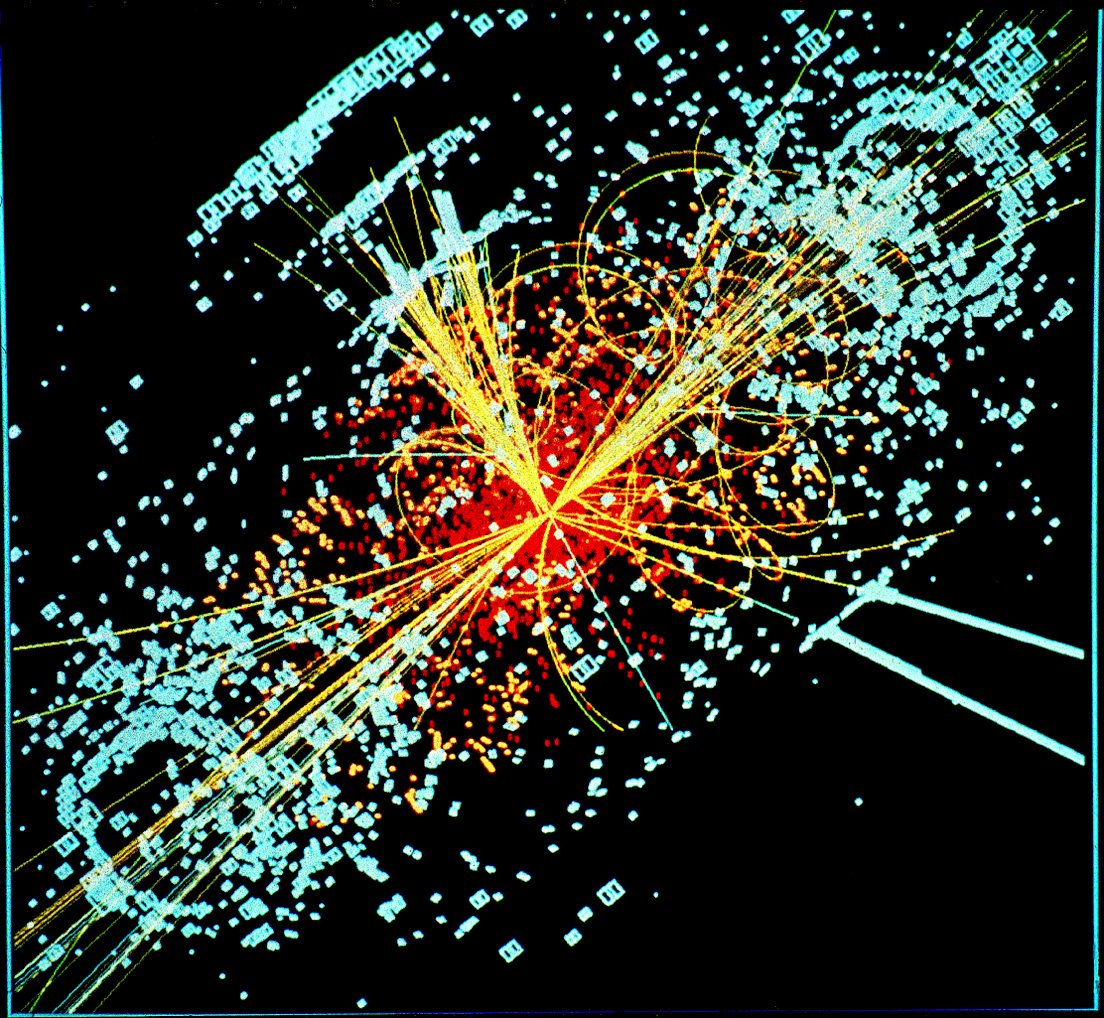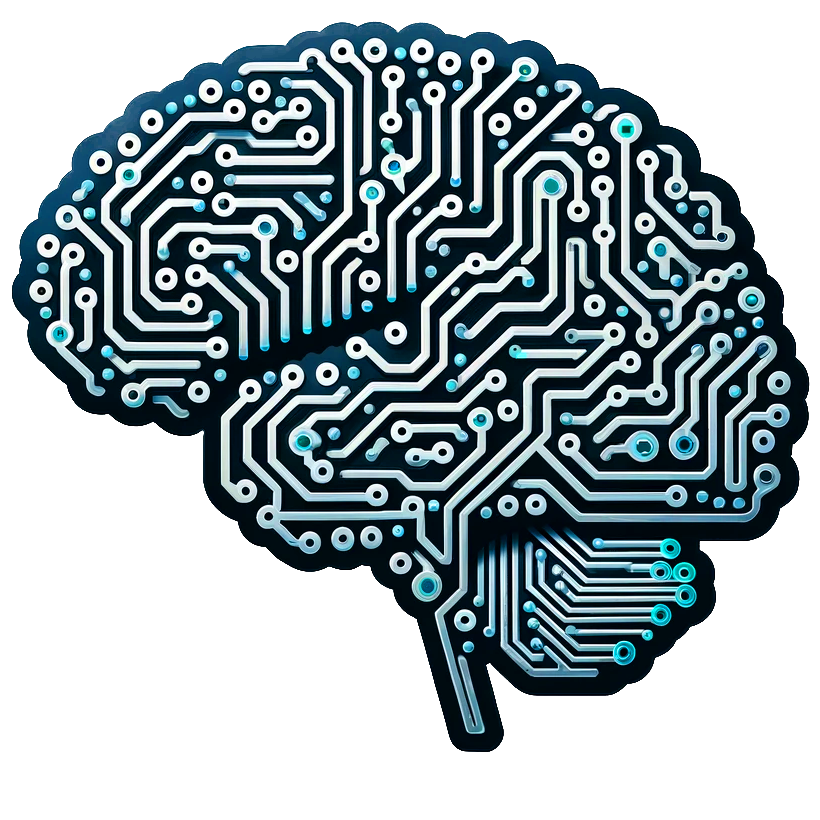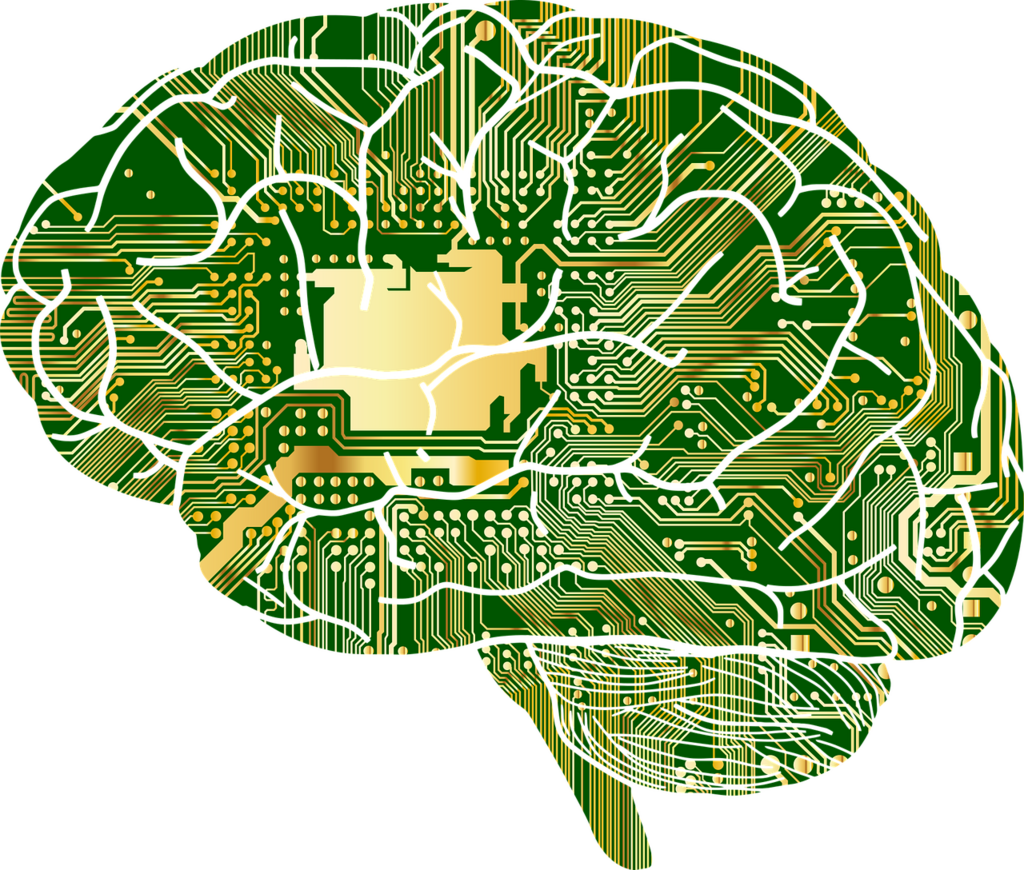Imagine walking into a library where the shelves stretch endlessly, yet not a single book gathers dust. Instead of a librarian, a silent, ever-watchful AI sorts, selects, and shapes the collection. In this brave new world, what stories will be told? Which discoveries will stand the test of time—and who, or what, will decide what’s worth remembering? The fate of human knowledge is at a crossroads, and artificial intelligence now sits at the heart of the debate. Will AI become the guardian of wisdom or the gatekeeper who quietly lets some truths slip away forever?
The Dawn of Digital Archives
The world’s libraries have evolved from stone tablets to cloud servers. Today, vast collections of books, images, and data are stored digitally, accessible from nearly anywhere on Earth. The transition to digital archives has made knowledge more resilient—no longer vulnerable to fire, flood, or the slow decay of paper. Yet this transformation also introduces new challenges, like keeping up with changing file formats and ensuring digital content outlasts the devices that store it. The sheer volume is staggering: more content is uploaded online every minute than most ancient libraries held in a lifetime. The digital archive is a living thing, always growing, but also always at risk of losing pieces to obsolescence. Think of it as a garden that must be constantly weeded, pruned, and replanted—except here, the gardener is often an algorithm.
Artificial Intelligence as Curator
AI now plays a starring role in organizing and curating digital content. Algorithms decide which books, articles, or videos appear at the top of search results, shaping what millions see and learn each day. Unlike a human librarian, AI can process mountains of information in seconds, spotting patterns and connections that might elude even the sharpest minds. But this power comes with responsibility: AI must decide what’s relevant, accurate, and worthy of preservation. The choices it makes reflect not only cold logic, but also the values and biases programmed by its creators. In many ways, the AI curator is both a mirror and a magnifying glass, reflecting our collective priorities while amplifying certain voices over others.
The Power and Peril of Algorithmic Selection
The promise of AI-powered libraries is efficiency and accessibility. Imagine searching for rare manuscripts or scientific papers, and discovering them in seconds thanks to intelligent indexing. But there’s a darker side: algorithms can subtly steer us toward certain ideas while burying others. For example, if an AI is trained to prioritize popular or frequently cited works, lesser-known voices might be drowned out, their contributions left in the shadows. This algorithmic selection can create echo chambers, where only the most “liked” or “shared” knowledge survives. It’s a bit like letting a popularity contest decide what belongs in the history books.
Preserving the Weird, the Wondrous, and the Forgotten
Some of history’s greatest discoveries began as fringe ideas or dusty curiosities. Penicillin, for instance, was born from a forgotten petri dish. If AI becomes the sole gatekeeper, how do we ensure that oddities and outliers—the seeds of future revolutions—aren’t lost? The challenge is to program AI not just to favor the mainstream, but to recognize the potential in the overlooked and unconventional. This means teaching machines to appreciate the messy, chaotic beauty of human creativity. After all, today’s heresy can become tomorrow’s breakthrough.
Bias in the Machine
Every algorithm is shaped by its makers, and every dataset reflects the worldviews of those who compiled it. If the data fed to AI is skewed—whether by accident or design—the machine’s choices will be too. This has already led to real-world problems, from search engines that favor certain narratives, to translation tools that reinforce stereotypes. The risk is that AI will unconsciously perpetuate the blind spots and prejudices of its programmers. Addressing bias isn’t just a technical challenge; it’s a moral one.
Who Decides What Matters?
Behind every AI decision is a set of priorities: what’s important, what’s trustworthy, what’s worth saving. But who gets to define these values? Is it tech giants, government agencies, or a global community of scholars and citizens? The answer is far from settled. In some cases, commercial interests may push AI to favor profitable or “safe” content, while suppressing controversial or challenging ideas. The library of the future might be shaped more by market forces than by a genuine pursuit of knowledge. This raises urgent questions about transparency, accountability, and the democratization of digital curation.
Learning from Nature’s Archive
Nature has its own way of preserving knowledge, encoded in DNA and passed through generations. Just as a forest keeps a memory of past fires in the rings of its trees, humanity stores its wisdom in stories, art, and science. AI can learn from these natural archives by valuing diversity and resilience. Just as ecosystems thrive on variety, so should our libraries. Diversity of thought, language, and perspective is what keeps knowledge alive and adaptable in a changing world.
The Human Touch: Can AI Replace Intuition?
Human librarians don’t just organize books; they guide, inspire, and connect people to unexpected treasures. Their intuition and empathy can’t be reduced to code. AI may excel at sorting data, but it struggles with nuance, irony, or the subtle thrill of discovery. Sometimes, the best finds in a library are the ones you weren’t looking for—a chance encounter with a poem or a painting that changes your life. Can a machine ever replicate that serendipity? Or will the library of the future be efficient, but soulless?
The Fragility of Digital Memory

Digital data may seem immortal, but it’s surprisingly vulnerable. Hard drives fail, formats become obsolete, and websites vanish overnight. Without constant vigilance and migration to new platforms, entire libraries can fade away in a few short years. AI can help by automating backups and preserving old content, but it’s a never-ending race against entropy. The paradox is striking: we’ve never had more information, yet we risk losing it faster than ever before.
The Ethics of Forgetting

Sometimes, forgetting is as important as remembering. Societies must decide what to let go of—harmful myths, outdated science, or personal data that no longer serves a purpose. But who has the right to “delete” history? If AI takes on this role, ethical dilemmas multiply. Should an algorithm erase content that’s offensive, or preserve it as a warning? The answer depends on cultural norms, legal standards, and a delicate balance between privacy and public good.
The Role of Open Access

Open access movements have fought to make knowledge available to everyone, free from paywalls and restrictions. AI can strengthen this mission by making it easier to find and share information across borders and languages. But the opposite is also possible: sophisticated algorithms could fence off knowledge, creating digital elites with privileged access. The library of the future might be a walled garden, open only to those who can pay or play by the rules. The fight for open access isn’t over—it’s just entering a new, algorithmic phase.
Global Voices, Local Stories
Most of the world’s knowledge is produced in a handful of languages and cultures, leaving countless stories untold. AI has the potential to bridge these gaps, translating and connecting voices from every corner of the globe. But only if it’s trained on a diverse, inclusive dataset. Otherwise, the risk is a digital monoculture, where minority perspectives are drowned out. The future library must be a chorus, not an echo.
AI and the Acceleration of Discovery

AI is already revolutionizing science, sifting through mountains of research to find hidden patterns and spark new breakthroughs. In medicine, for example, AI can scan millions of papers to identify promising treatments in weeks rather than years. This acceleration is exhilarating, but it also raises questions about depth versus speed. Will AI-driven libraries favor quick answers over deep understanding? The temptation to skim the surface is strong, but true wisdom often lies beneath.
Safeguarding Privacy in a Connected World
As AI sorts and stores more of our personal and collective knowledge, privacy becomes a critical concern. Every search, download, and annotation leaves a digital footprint, potentially exposing sensitive information. Libraries have long been sanctuaries for free thought, but digital surveillance threatens that freedom. Striking the right balance between convenience and confidentiality will shape the library’s future role in society.
The Promise and Limits of Personalization
AI can tailor library experiences to individual tastes, recommending books and articles that fit your interests like a glove. This personalization is convenient, but it can also create filter bubbles, narrowing your worldview to what the algorithm thinks you want. The challenge is to design AI systems that surprise and challenge, not just comfort and confirm. A library should be a window to the world, not a mirror reflecting only yourself.
The Library as a Living Conversation
The future library isn’t just a static archive; it’s a living, breathing conversation. AI can facilitate dialogue across generations, disciplines, and cultures, weaving new connections from old threads. But technology is only half the story. What matters most is our willingness to question, to listen, and to imagine. The library of the future will be what we make it—a shared space where curiosity, creativity, and conscience shape what survives.




